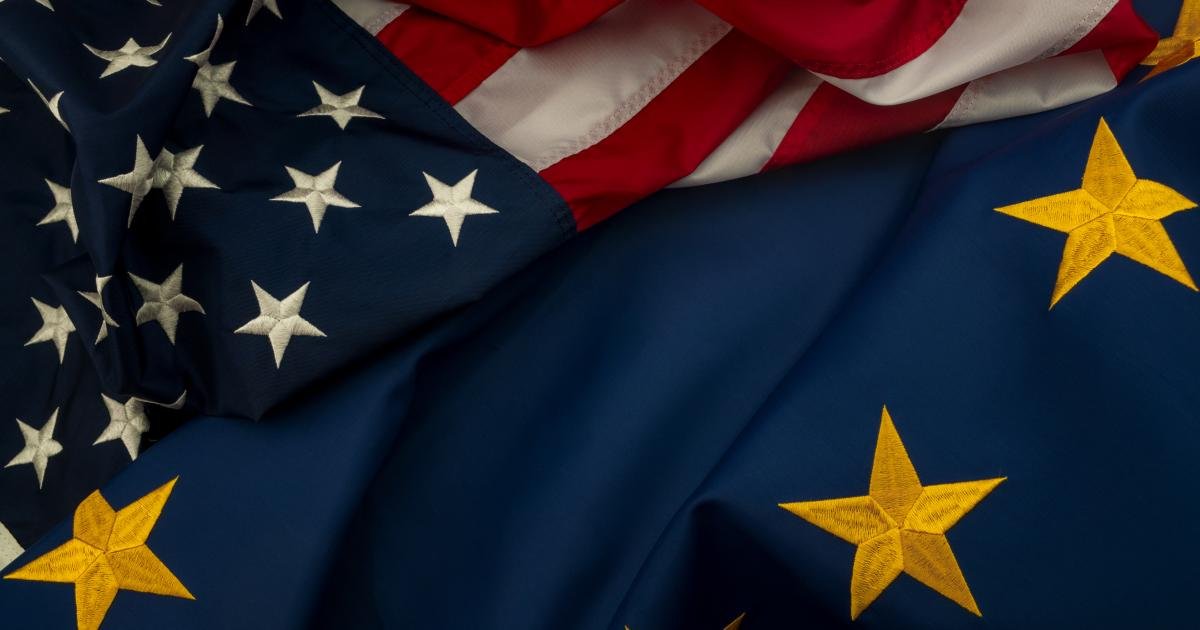The announcement of Joe Biden’s re-election bid has prompted discussions among European leaders about the future of the transatlantic relationship. Although they were relieved when Biden won the presidency in 2020, Europeans knew that he would not be able to reverse all of the damage caused by Donald Trump’s presidency.
The Lingering Effects of the Trump Years
Trump’s chaotic leadership style and repeated criticisms of America’s European allies, along with his threats of trade wars and questioning of NATO alliance principles, have left a lasting impact on European leaders. Even though Biden is now in power, there is a sense that the Trump era has not entirely ended. There is concern that someone similar to Trump could rise to power in the future, and that Biden’s foreign policy, which includes protectionism on trade and maximum pressure on China, is not significantly different from Trump’s.
The Issue of Trust
European diplomats and officials express a lack of trust in American democracy and its intentions as an ally. They worry that something similar to the January 6 insurrection could happen again, or that the US may double down on its protectionist, America-first agenda. This lack of trust has led to what is known in Europe as the strategic autonomy agenda. The EU is trying to develop an independent foreign policy that reduces its reliance on the US. A significant part of this agenda is maintaining close economic ties with China, which would be unacceptable to both major American parties.
The Push for Strategic Autonomy
The EU’s strategic autonomy agenda is an attempt to ensure that Europe does not become “just America’s followers” on China. All 27 EU member states support this agenda to varying degrees, with some being more hawkish on China than others. Even some of the biggest China-skeptics in the EU now accept that Europe must take a different approach to Beijing from Washington. However, some EU nations are concerned about being too economically reliant on China, particularly in the east of the bloc.
The American Position on China
US officials are optimistic that Europe will adopt a position closer to that of the US on China, which is more hostile on trade, deeply critical of China’s human rights record, and concerned about its activity in the South China Sea. However, officials acknowledge that Europe has many ties to China and that it may take longer for them to adopt the American position. The real test of how much Europe wants to diverge from the US on China will happen if China’s aggression towards Taiwan increases.
The Importance of a Durable Relationship
Both European and American officials stress the importance of maintaining a “durable” relationship with each other, regardless of who is in the White House. The Trump presidency showed that even close allies could quickly become adversaries. Therefore, officials on both sides of the Atlantic warn against complacency and stress the indispensability of the US as a European power.
The future of the transatlantic relationship is uncertain, and it remains to be seen how much Europe will diverge from the US on issues such as China. European leaders have been left wary by the Trump presidency and are seeking to develop an independent foreign policy that reduces their reliance on the US. However, they acknowledge that the US is still an unavoidable partner, albeit a worrying one.






